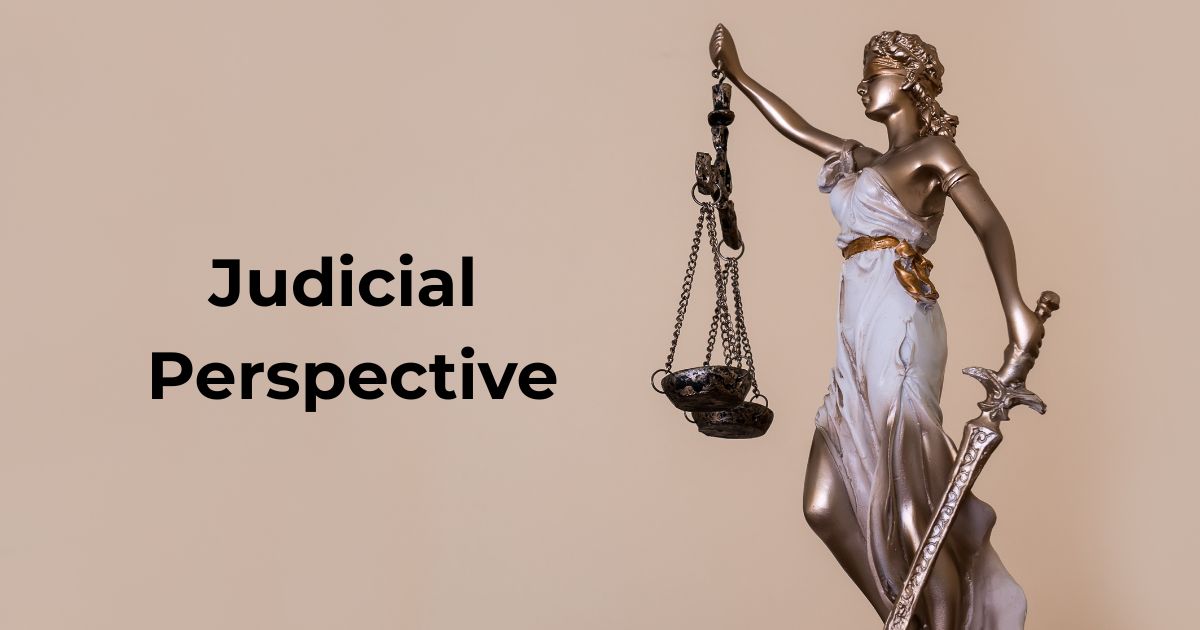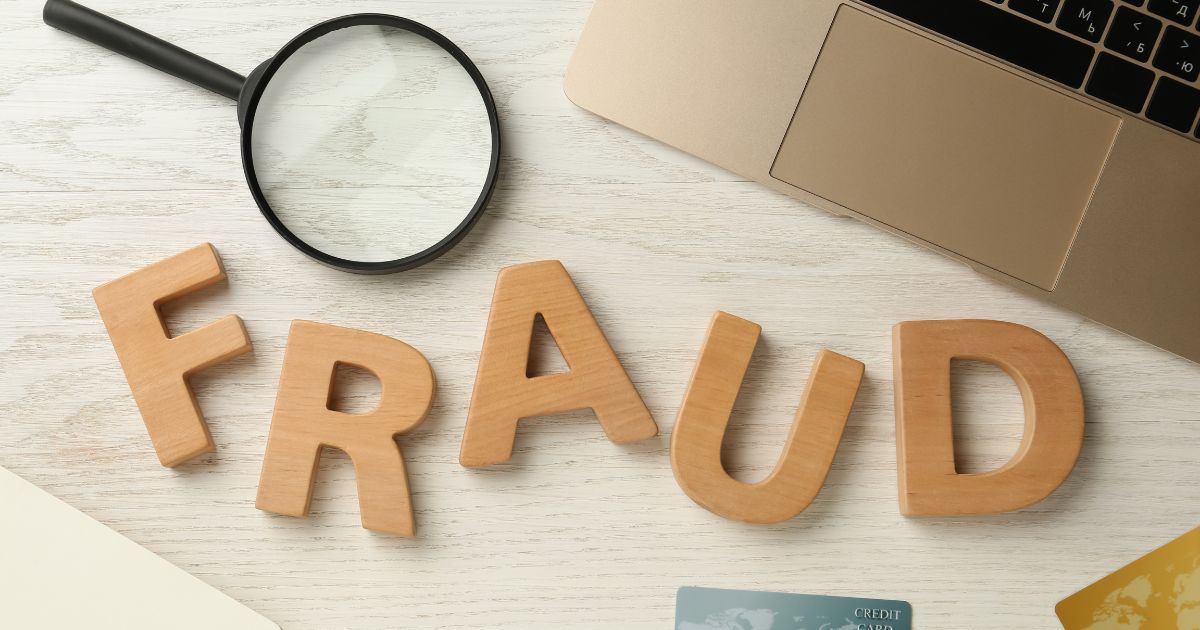· Borrower Rights · 4 min read
Legal Position of Debt Settlement: A Judicial Perspective
Indian courts and RBI guidelines uphold legally documented debt settlements. Know your rights, demand transparency, and report post-settlement harassment to stay protected.

In India’s evolving personal finance era, debt settlement has become an important option for financially distressed individuals due to job losses, medical emergencies, or other financial burdens. However, the process has often been marked by aggressive recovery practices, a lack of transparency, and uncertainty around legal position. This blog aims to clarify the legal framework surrounding debt settlements, offering details including judicial precedents and the regulatory framework.
Concept of Debt Settlement in Indian Law
Definition and Scope:
Debt settlement points toward a mutual agreement between the borrower (customer) and lender (Banks/NBFCs), whereas the borrower agrees to pay a lump sum amount, usually less than the outstanding amount, as a full and final settlement of dues. It is not the same as a debt waiver or loan restructuring.
RBI Guidelines and Legal Framework:
The Reserve Bank of India (RBI), through its various circulars—including the “Prudential Framework for Resolution of Stressed Assets”—has recognised one-time settlements (OTS) as legitimate measures of dispensing one’s financial liabilities. However, it emphasises transparency, documentation, and fair practices.
Role of the Indian Contract Act, 1872:
Debt settlements are governed by contract law in general. Section 63 of the Indian Contract Act, 1872 allows a creditor to accept a lesser amount in place of the whole. Once a settlement is signed and money is paid, it becomes binding on both parties to the settlement.
Judicial Endorsement of Debt Settlement
Validity of Settlements Recognised by Courts:
Indian courts have always upheld the validity of properly documented settlement agreements. These letters are seen as voluntary contracts enforceable under law, provided they are not obtained through coercion or fraud.
Enforceability of Settlement Agreements:
Courts have ruled that once an OTS is accepted and agreed to by the borrower, the lender cannot recover again for the waived amount. However, disputes arise when lenders initiate harassment post-settlement.
Supreme Court Decisions on Debt Resolution
In the landmark ruling of Central Bank of India v. Ravindra & Others (2001), the Supreme Court ruled on the calculation of interest and reinforced the principle that courts can moderate oppressive loan terms set by the lenders.
Citation: AIR 2001 SC 3095.
In another case of ICICI Bank Ltd. v. Shanti Devi Sharma, the apex court strongly condemned coercive recovery tactics. It emphasised that banks must act within the legal framework and respect borrower dignity. This case became a precedent in protecting consumers from undue harassment.
High Court Rulings on Borrower Rights and Settlement Enforcement
Delhi High Court on Protection from Coercive Recovery:
In several cases, including Abhijit Singh v. ICICI Bank, the Delhi High Court has reiterated that banks cannot employ musclemen or unauthorised agents for recovery. Police intervention was directed to protect borrower rights.
Other High Court Observations:
The Bombay High Court in K. K. Agrawal v. Kotak Mahindra Bank stressed the enforceability of settlement letters. Similarly, the Rajasthan High Court held that settlement terms must be complied with once documented and acted upon by both parties.
Legal and Practical Implications
Rights of Borrowers During and After Settlement:
Borrowers have a right to receive written confirmation of settlement, non-harassment, and updated credit bureau reports. Recovery calls post-settlement are illegal and actionable.
Obligations of Lenders:
Lenders must honour settlement terms, cease all recovery post-payment, and update credit records honestly. Any violation of the settlement terms can become actionable under the Consumer Protection Act, RBI norms, and even criminal law in some cases.
Conclusion
Summary of Judicial Position:
The Indian judiciary, through consistent judgments, has upheld the validity of debt settlements and the rights of financially distressed borrowers. These are lawful, enforceable, and protect borrowers from the abusive practices of recovery agents.
Significance for Financially Distressed Borrowers:
For those overwhelmed by debt, settlement offers a legal lifeline—but only when done transparently and documented properly. Legal remedies exist against harassment, and the courts are increasingly siding with ethical enforcement.



